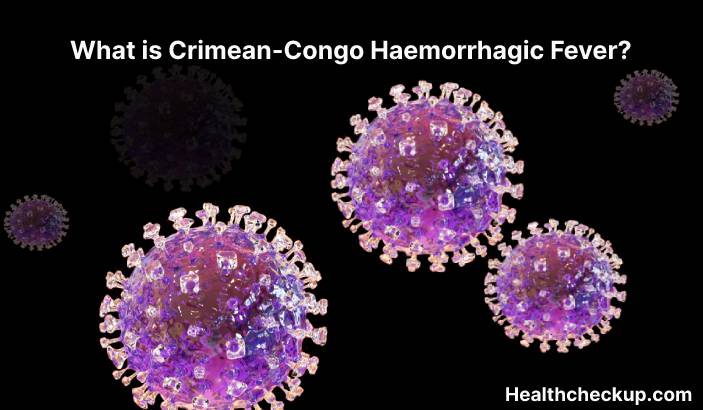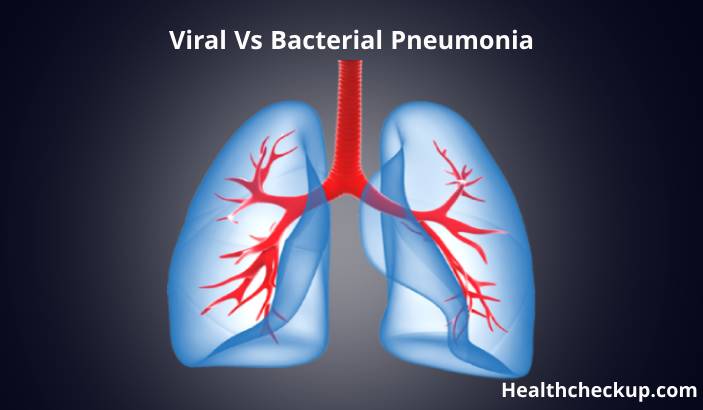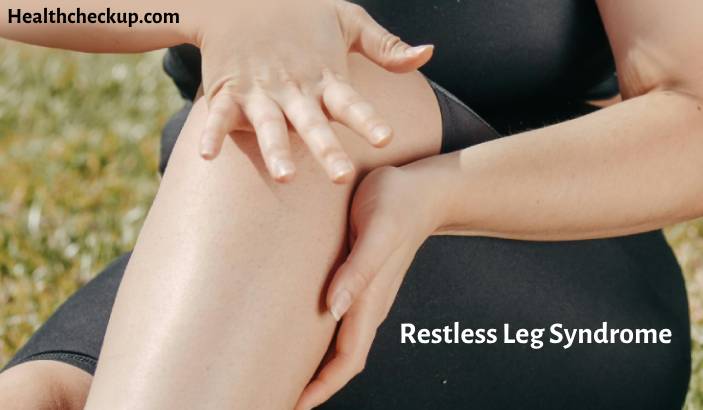Crimean-Congo haemorrhagic fever (CCHF) is a viral illness that is transmitted to humans through contact with infected animals, such as ticks or livestock, or through contact with the blood or bodily fluids of an infected person. CCHF is caused by the CCHF virus, which is a member of the family Bunyaviridae.
Symptoms of CCHF
Symptoms of CCHF appear suddenly and can range from mild to severe. Early symptoms include:
- Fever
- Headache
- Muscle aches
- Nausea and vomiting
- Diarrhea
As the illness progresses, symptoms become more severe and include:
- Rash
- Bleeding from the gums, nose, or other sites
- Chest pain
- Difficulty breathing
- Mental confusion
In severe cases, CCHF can lead to organ failure and death.
Diagnosis of CCHF
CCHF is typically diagnosed based on the presence of characteristic symptoms and a history of exposure to infected animals or individuals. Laboratory testing, such as a blood test or PCR test, is also used to confirm the diagnosis.
Treatment of CCHF
There is no specific treatment for CCHF. Treatment is typically supportive and includes measures to manage symptoms, such as medications to reduce fever and pain. In certain cases, hospitalization may be necessary to provide supportive care, such as oxygen therapy and blood transfusions.
Prevention of CCHF
There are several steps that can help to reduce the risk of CCHF, including:
- Avoiding contact with infected animals: It is important to avoid contact with ticks and other animals that are infected with the CCHF virus.
- Wearing protective clothing: Wearing gloves, masks, and other protective clothing when handling animals or working in areas where CCHF is prevalent can help to reduce the risk of infection.
- Practicing good hygiene: Washing hands with soap and water can help to reduce the risk of infection.
It is important to follow guidelines from public health authorities and to seek medical attention if you suspect that you have been exposed to the CCHF virus. Early diagnosis and treatment improve outcomes.








